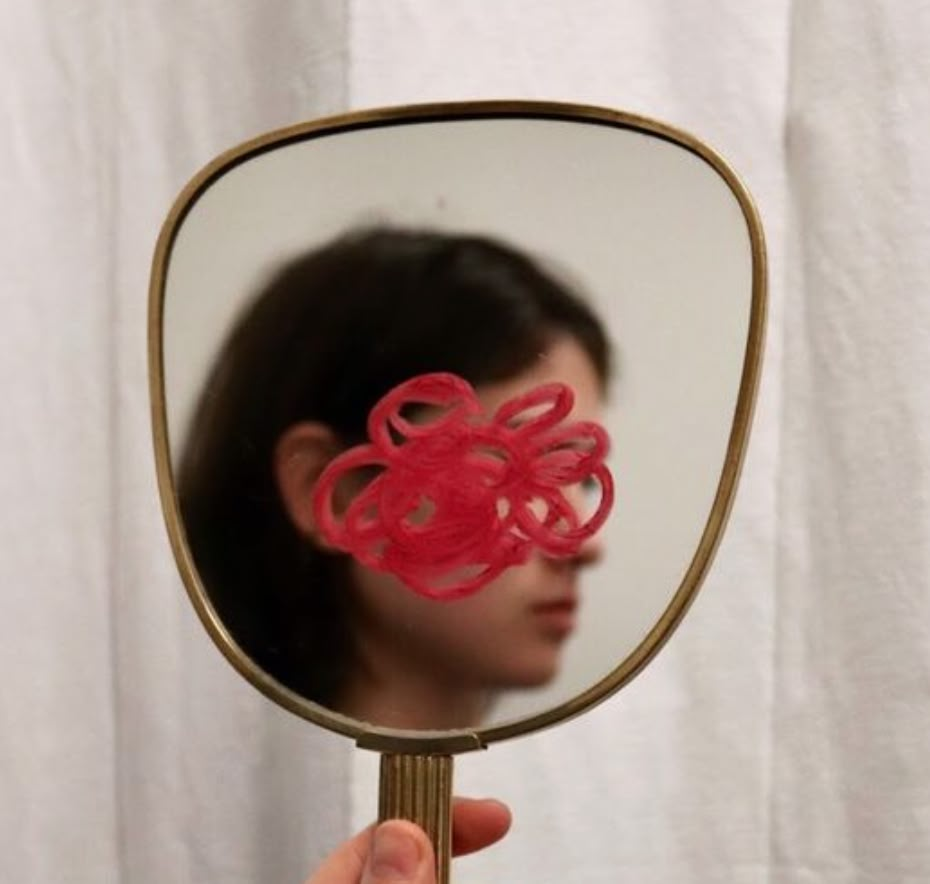You’ll know you’re about to have a life-altering realization when you start looking in the mirror, pointing out your flaws. Whether it’s a comment about you being “ugly” or the constant comparison to beauty standards, you’ll find yourself stuck on the idea that you surely need some “fixing” to fit a certain category. But aside from that, whose approval are we really chasing? Knowing that body image was listed in the top 4 concerns for young women, we strive every day for “a better look” or some sort of change in our appearance that feels more like a chore. So let’s take a look behind the facade we’re creating for others to admire, shall we?
Life can feel quite tiring when your constant mundane battle is how you look or the way you dress. From the moment you wake up, your unceasing worry is to be perceived as someone who’s attractive. Surely those worries didn’t just surface overnight. They crawled slowly into your life, making a steady home out of all your insecurities. This self-image obsession is amplified by the tiny voices of people in your surroundings telling you all sorts of harsh opinions about your physique. Those voices, deemed tiny, will have a deafening, overwhelming echo. An echo able to paralyze your ability to think clearly, leaving you with the feeling that you’re an active project in desperate need of adjustment. The truth is, those people who made you feel bad about every single detail within you are only criticizing you so that you’ll feel small compared to them. Their deep-rooted insecurities are resurfacing in the form of perfectly phrased observations that make you question your worth. So, next time you stare at the mirror hating your reflection and overanalyzing it because of them, remember that people perceive others as a reflection of themselves, and a hurtful comment speaks volumes about who said it, not who received it.
It’s also a bit painful to see all these models on social media looking effortlessly beautiful and getting all the praise they can get by just posing for a photo. It’s like they get complimented just for existing, and just like that, you start to slip into a rocky slope of comparing your life to strangers on the internet. And it’s downhill from there; one study found using social media for as little as 30 minutes a day can negatively change the way young women view their own bodies. It’s like programming your own mind to despise the body that carries it and doing your absolute best to maintain that hatred. It’s fascinating how the human brain captures at once the poreless, blemish-free face, the sculpted, toned body, and the radiant smile, and decides that from now on, this is the pure definition of beauty. In reality, your playful mind is tricking you into doubting your charm. If you think about it, you are so used to your features that you can fall into the trap of labeling them as boring, usual, or not “Instagram worthy.”
Plus, beauty is versatile and can’t be summed up in one term or one unique mold. That being the case, your natural traits such as wrinkles and smile lines are invincible proof that you’re a human being, navigating your way through life while trying to enjoy the most of it.
It can be confidently stated that obsessing over how we look has drastic repercussions in this day and age. So we can all look back and try to minimize the damage as much as we can by changing our small hurtful habits toward others and ourselves. It is important that you know deep in your core that your appearance is not flawed in any way, and one day, soon enough, you’ll stare at your reflection with nothing but admiration.
Written By: Ayette Aloui




Share your thoughts